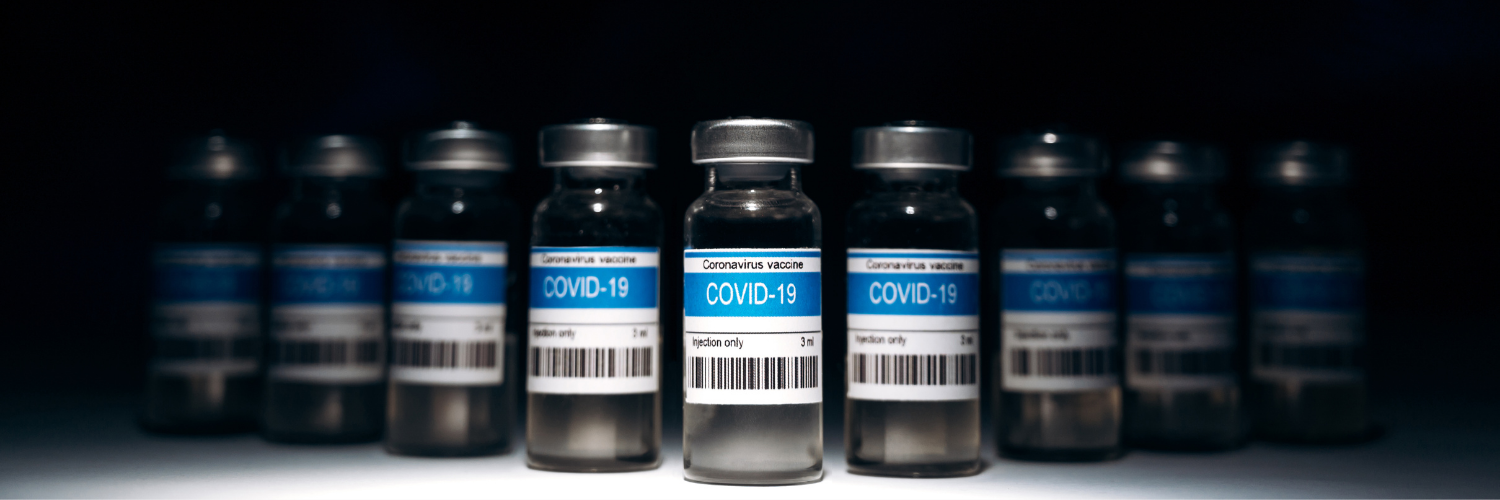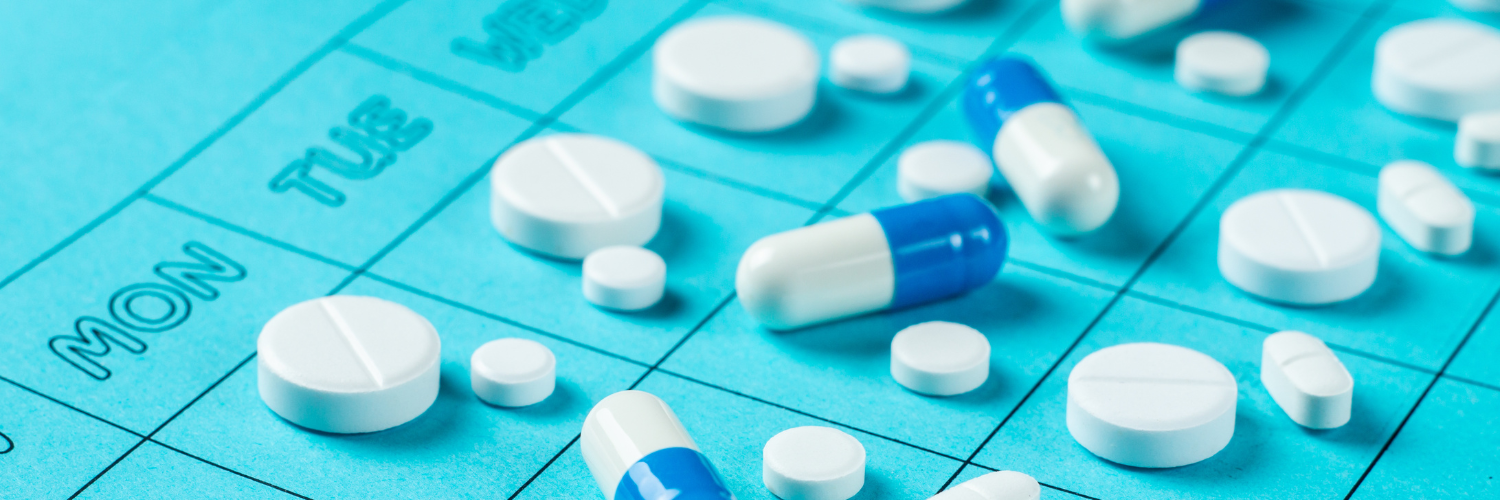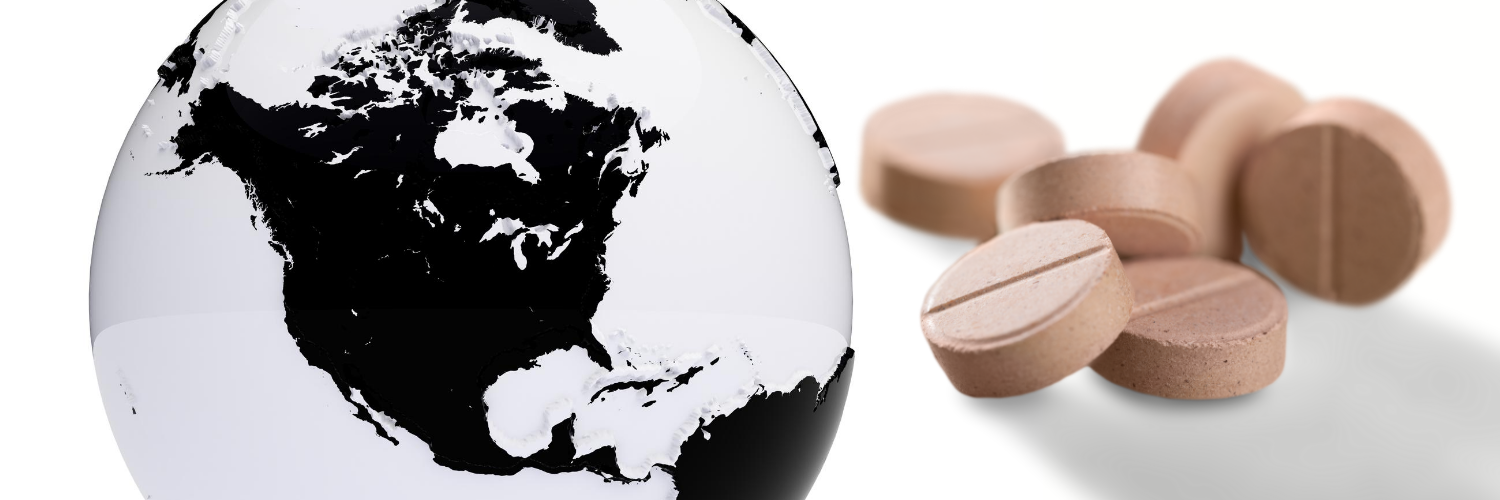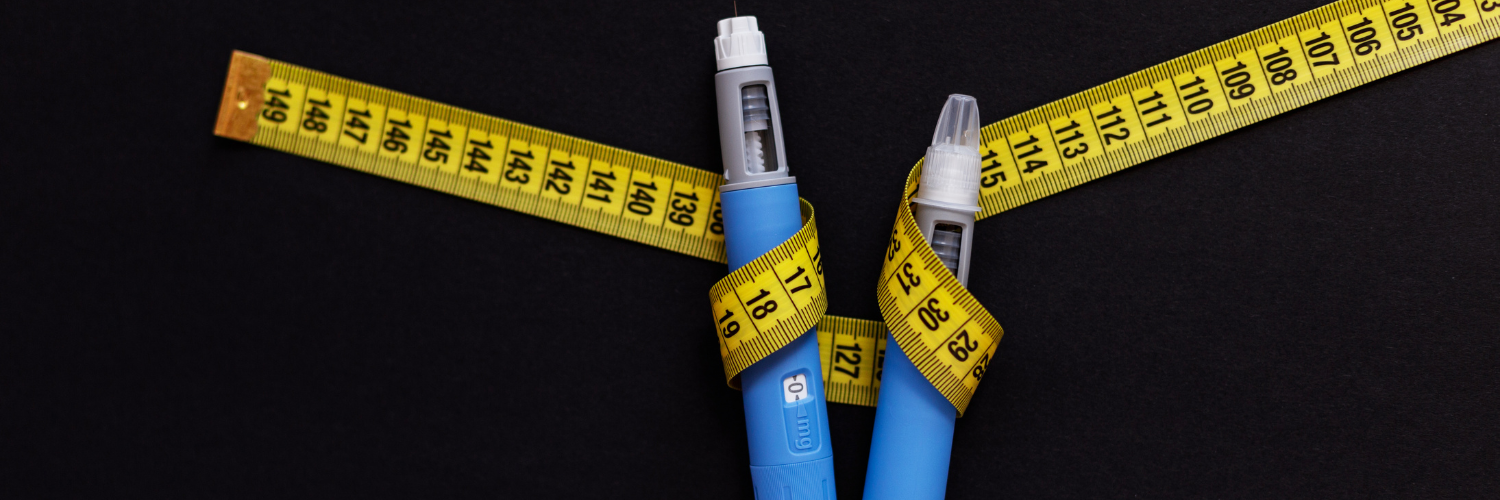Why You Shouldn't Worry About the Johnson & Johnson Vaccine You Took

FDA Emergency Use Approved and Working Johnson & Johnson Covid Vaccines Are Foreign Made
Yesterday, the FDA completed an inspection and assessment of a U.S. company contracted to manufacture the Johnson & Johnson Covid vaccine. This is after the agency asked the company to pause manufacturing earlier this week. This morning, Endpoints reported, “By Wednesday morning, the [FDA] already released a series of scathing observations on the cross contamination, sanitary issues and lack of staff training that caused the contract manufacturer to dispose of millions of AstraZeneca and J&J vaccine doses.”
What’s going on? Are you one of the approximately seven million Americans who was given Johnson & Johnson’s Covid 19 vaccine? Are you worried that you got a bad dose?
First things first: here at PharmacyChecker we strongly and unequivocally support and believe in the public health campaign to get the entire country (and the world) vaccinated to finally end the Covid 19 pandemic. That doesn’t mean there won’t be bumps along the way and we’ll address them where we have some knowledge, expertise, or unique interest. The latest situation with manufacturing problems of the Johnson & Johnson vaccine is just such an instance. This article is about manufacturing problems associated with this vaccine, not the pause related to blood clots.
My quick and dirty response: don’t be worried about the manufacturing problems because the Johnson & Johnson vaccine that you took was made in the Netherlands.
The U.S. manufacturing plant, tapped by the U.S. government to make the vaccine, Emergent BioSolutions, ended up having to throw away 15 million shots due to manufacturing problems, which caused “ruined” and “contaminated” doses. Essentially, the contamination resulted from the manufacturer mixing Johnson & Johnson ingredients with AstraZeneca ingredients. On top of all that, as reported by the Associated Press, Emergent BioSolutions had a “history of violations.” Its lack of readiness and perhaps even technical ability was a concern before it was contracted to make the Johnson & Johnson vaccine.
Part of the problem is that BARDA, the Biomedical Advanced Research and Development Authority, part of the Department of Health and Human Services, in trying to ramp up domestic production for Operation Warp Speed was acting more like a partner to Emergent BioSolutions rather than a watchful government agency. Further to this point, the FDA had found problems at Emergent BioSolutions in the past: it appears to have been BARDA that pushed for allowing the company to make the vaccines despite those problems.
In contrast, the plant in Leiden, the Netherlands, that made your vaccine is a state of the art, European Medicines Agencies-approved plant launched in 2018 by Johnson & Johnson’s manufacturing subsidiary, Janssen Vaccines & Prevention B.V for the purpose of manufacturing vaccines. To date, not a single dose of the Johnson & Johnson vaccine made in America has been administered to anyone.
As reported in the New York Times:
The error does not affect any Johnson & Johnson doses that are currently being delivered and used nationwide, including the shipments that states are counting on next week. All those doses were produced in the Netherlands, where operations have been fully approved by federal regulators.”
Am I saying that drugs made in America are worse than those made Europe? No… not yet. The U.S. Food and Drug Administration is one of the top global drug regulatory authorities. Drugs and vaccines made under FDA regulations in the U.S. are generally of the highest quality and efficacy in the world. When the problems at the plant in Baltimore are resolved and the pause is lifted by the FDA and CDC, probably later this week, I believe Emergent BioSolutions is going to get this right, and tens of millions of safe and effective shots will be available within a few months and should be used by those next in line.
However, an important lesson and story about drug safety, global manufacturing, and importation are there for your consideration. What happened here? What’s the story behind (or lurking within) the story? Here’s how I see it.
The Trump administration wanted greater domestic production of the Covid vaccines. This is not a Trump vs. Biden thing. Under Trump and continuing under Biden, billions of dollars of public money were invested in scaling up domestic manufacturing of the vaccines. The thing is that big drug companies, “American” ones like Johnson & Johnson, don’t make most of their products in the U.S. They import them. As reported in the New York Times:
In the end, as the coronavirus swept across the country, federal officials said they had little choice but to turn to Emergent because few companies based in the United States were able to make the type of vaccines developed by Johnson & Johnson and AstraZeneca.”
In short, despite our efforts to scale up production capacity, we could not find a good place for manufacturing these vaccines in America: so, we settled on Emergent BioSolutions. Having a strong manufacturing base is not only about the physical plants themselves – but also personnel and expertise. Apparently, this expertise is based overseas. Again, in the New York Times:
Some federal officials are privately concerned that the government is stuck in an unhappy marriage with Emergent and that Johnson & Johnson, whose manufacturing expertise is largely overseas, may not be able to salvage it.
Is it fair to wonder if we could have done better finding the right manufacturing plant outside the U.S.? Choosing a plant in Europe for example, or India, which has the world’s largest capacity for making vaccines?
Not necessarily.
While the plant in the Netherlands making the Johnson & Johnson vaccine didn’t make the manufacturing mistakes that Emergent BioSolutions made, it faced bottlenecks in its manufacturing process, slowing down the rollout of vaccines in Europe. For fuller context, reporting from the beginning of March, before the story broke about Emergent BioSolutions, cited “production problems” affecting supplies in Europe. I cannot tell from that reporting whether those problems were in the Netherlands or the U.S. Rest assured, however, that none of the vaccines made in the Netherlands were cited as “ruined,” “contaminated” or otherwise bad.
Europe, too, is trying to vastly increase domestic production capacity for vaccines. For a lengthy read, see: EU banks on homegrown COVID-19 vaccines amid delays and supply issues
Much pro-pharma media hay was made over an agreement between Johnson & Johnson and competitor drug company Merck for the latter to retrofit U.S. plants to start making the vaccine. Very nice of Merck to offer help in this manner. You, the taxpayer, are paying for that “help.” BARDA is committing $268 million in funding.
I have no doubt we have come a long way scaling up and improving our ability to make vaccines domestically. The paths taken to get here have revealed what too few Americans know: their drugs are not made here for the most part. FDA-approved drugs are not necessarily safer – but they are a lot more expensive.
In the final analysis, global manufacturing needs to be scaled up to create enough properly made Covid vaccines to inoculate the world’s people. If much of that capacity is here in America, great but vaccine nationalism is the worst path forward. What is necessary to get this right is to assess the current global state of vaccine production capacity and for governments to work together to make enough of it to end the pandemic and fight future ones.




